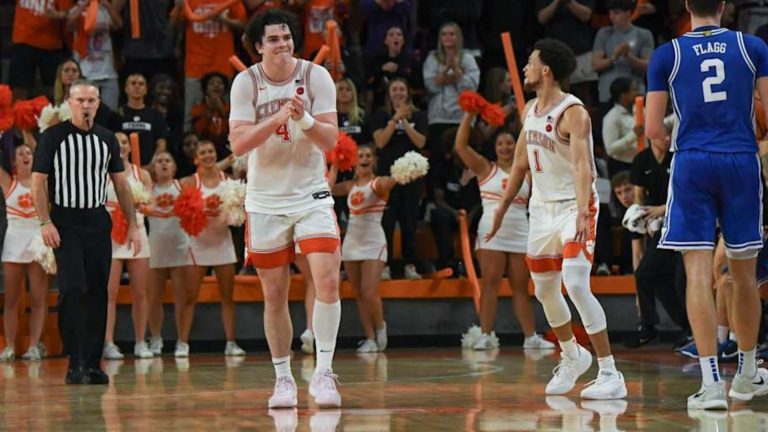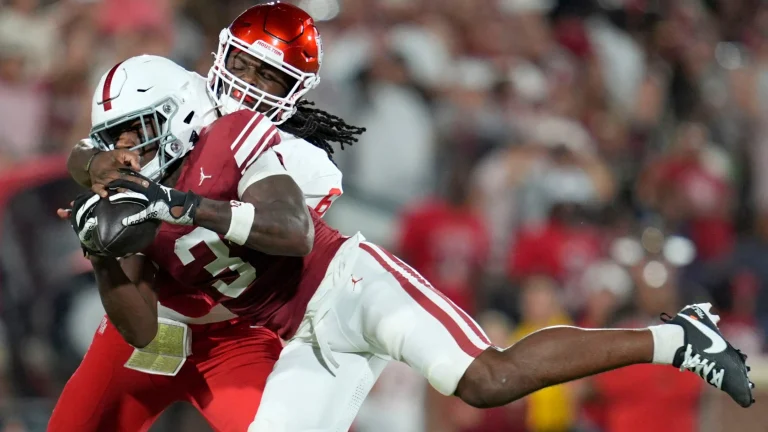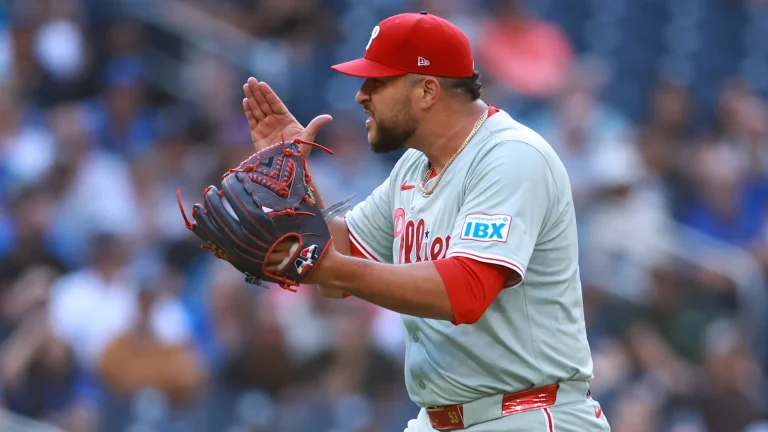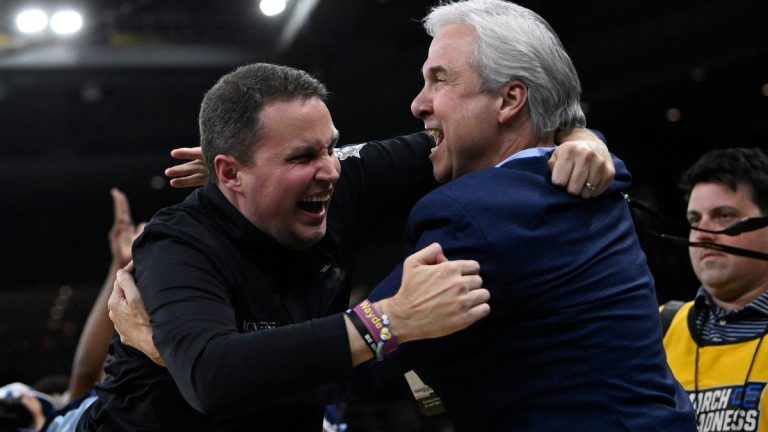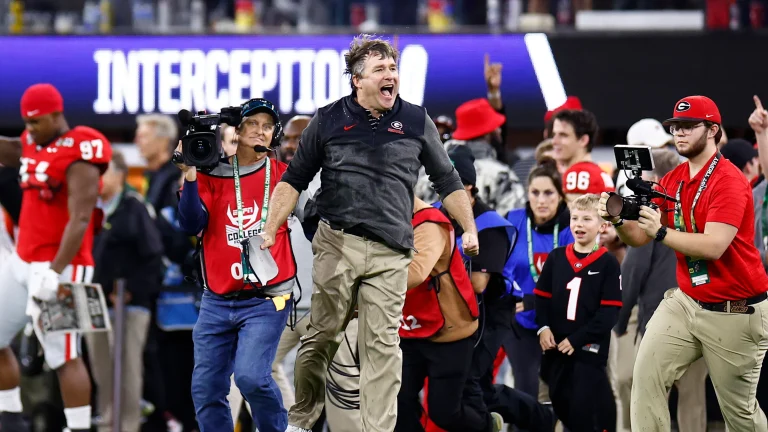Penn State Wrestling: Nittany Lions Poised for Another Record-Setting Postseason

Penn State wrestling’s favorite time of year, the postseason, gets underway next week at Northwestern University. And after one of the greatest regular seasons Penn State wrestling history, the program could produce not only the best postseason in its history but also in the history of the sport. So let’s get started.
Big Ten Wrestling Championships
- When: March 8-9
- Where: Welsh Ryan Arena, Evanston, Ill.
- What’s at stake: Big Ten team and individual titles as well as placement and seeding for the NCAA Wrestling Championships
Penn State, which won its fifth consecutive Big Ten regular-season title, will compete for its third straight Big Ten Tournament title. Why the lag? Well, Big Tens for some reason have been a tweener event for Penn State. Coach Cael Sanderson has won 11 NCAA titles at Penn State but eight Big Ten titles. The Nittany Lions have finished second at Big Tens three times (in 2017, 2018 and 2022) before winning the NCAA team title the same year. Last year Penn State changed that narrative, winning the Big Ten team title by scoring a school-record 170.5 points without national champ Carter Starocci, who was injured.
Penn State could surpass that total this year, since no Big Ten team won more than three individual bouts against Penn State during the regular season. Further, Sanderson said after the team’s season-ending match vs. American that the Nittany Lions generally were healthy. That’s the overwhelming focus for next week’s training.
Tyler Kasak, the No. 1 wrestler at 157 pounds, returned from missing two matches with a concussion to score a first-period pin against American. However, 133-pound starter Braeden Davis did not wrestle vs. American for “precautionary” reasons, Sanderson said. As Penn State seeks to qualify 10 wrestlers to nationals for the second consecutive year, Davis’ health will be a key storyline.
The Big Ten Championships also could deliver several NCAA championship previews regarding Penn State wrestlers. The most intriguing are at 141, between Penn State’s Beau Bartlett and Ohio State’s Jesse Mendez, and 285, between Penn State’s Greg Kerkvliet and Minnesota’s Gable Steveson.
Bartlett won the regular-season bout with Mendez, as he did last year before falling at Big Tens and in the NCAA final. Bartlett is undefeated and ranked No. 1 in the country, while Mendez, the defending NCAA champ, is No. 2.
Similarly, Kerkvliet and Steveson could be a fascinating preamble to nationals. Kerkvliet is the defending national champ at heavyweight but ranked No. 2 to Steveson, the two-time NCAA champ (in 2021-22) who returned to Minnesota for his final season of eligiblity after not wrestling folkstyle for the past two years.
NCAA Division I Wrestling Championships
- When: March 20-22
- Where: Wells Fargo Center, Philadelphia
- What’s at stake: Penn State seeks its 12th NCAA team title in 14 years and could set records for team points, finalists and national champs
Penn State produced the highest-scoring tournament in NCAA history last year, with eight All-Americans, six finalists, four champions and 172.5 team points. The Nittany Lions have a significant opportunity to surpass those numbers this year.
In the most recent NCAA Wrestling Coaches Rankings, which are part of the seeding formula for nationals, eight Nittany Lions are ranked first or second. That includes five top-ranked wrestlers: Bartlett, Kasak, Starocci, Kerkvliet and Levi Haines (174). If Penn State earns and wrestles to those seeds at nationals, it would have eight finalists, a tournament record. The NCAA record for individual national champions is five, a mark Penn State has reached twice under Sanderson (in 2018 and 2022).
Two other potentially intriguing rematches involve Haines and Starocci. Haines’ lone loss this season was to Missouri’s Keegan O’Toole, a two-time NCAA champ who missed time with an injury. And Starocci could face returning national champ Parker Keckeisen of Northern Iowa in a potential final. Starocci defeated Keckeisen 4-1 in sudden victory at the November NWCA All-Star Classic.

